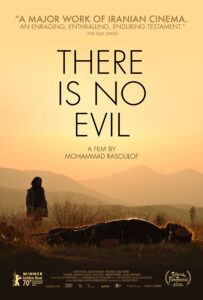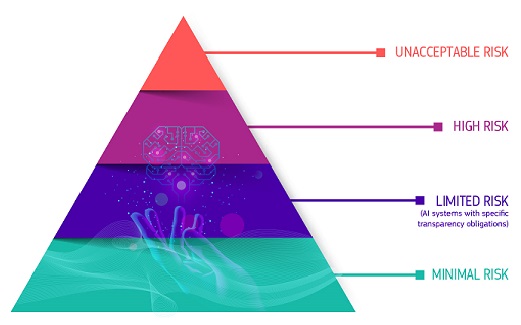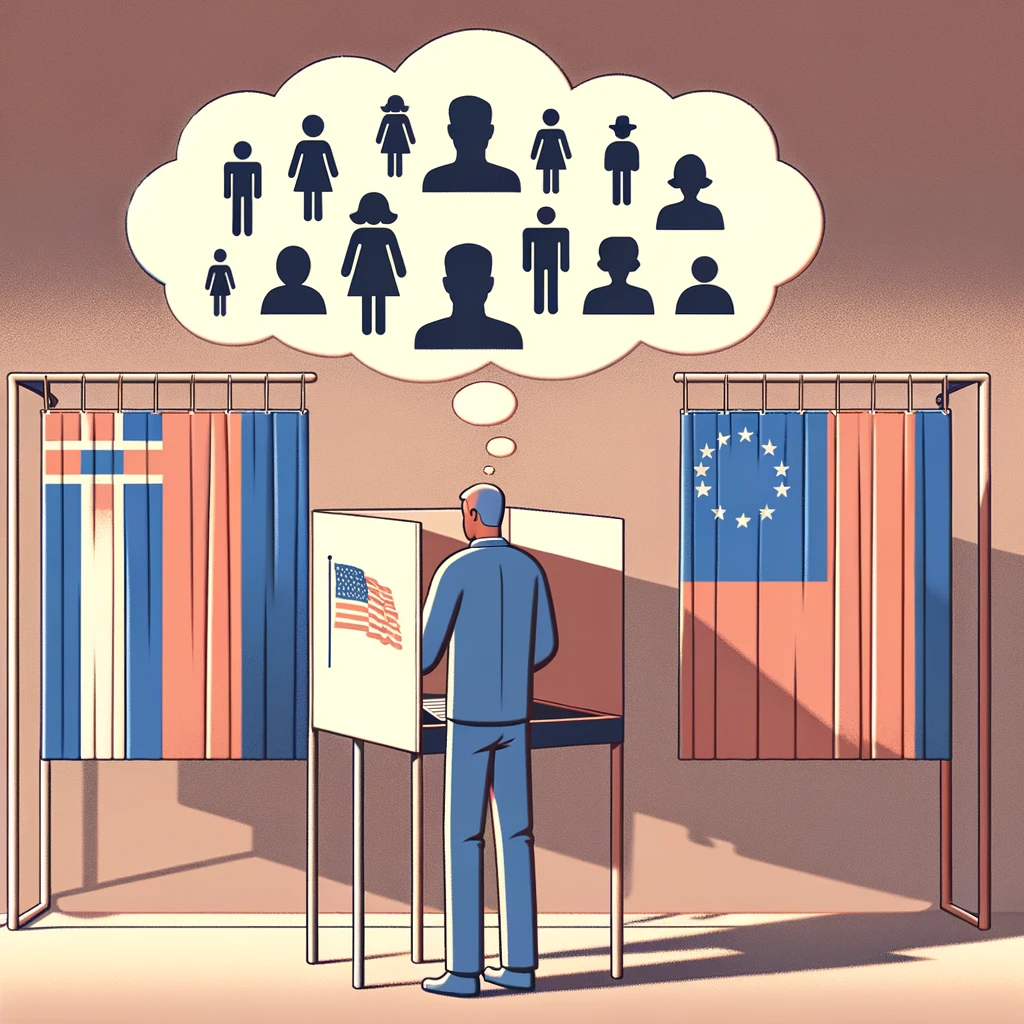Written by Marco Antonio Rodrigues Dias Member of the EAVI Advisory Committee
In June 1975 – at the time I was at the University of Brasilia (UnB) and was dean of extension – I participated, as a specialist in communication policy, in an international symposium on “Mass communication in rapidly developing societies” – in Mashad, Iran, invited by the National Iranian Radio and Television (NIRT).
My name had been suggested to the organisers by Elihu Katz who passed away on 31 December 2021 at the age of 95. Katz was one of the pioneers of mass communication studies and courses in the United States and the world, and is considered one of the great theorists on media issues. He was a professor at major universities in the United States and at the Hebrew University of Jerusalem. Whoever says he knew or had friendly relations with Elihu Katz Katz will be, in the field of communication, expressing himself as someone, who, in the field of Psychology or Psychotherapy, mentions having been a friend of Lacan, Jung or other similar name.
Saying this may sound presumptuous, but I consider Elihu Katz as a friend. Life sometimes regales us with unexpected gifts. I met him, around 1974, when he was preparing a study on the role of the media, in particular television in developing countries. To do so, he visited several Latin American countries. In Brasilia, on the recommendation of I do not know who, Katz sought me out and later wrote, in a generous way, that the contact with me was what was most useful to him in this phase of the study he was carrying out. He then invited me to visit him in his institution and started to mention my work in several places, including suggesting my name to a group that, in 1975, wanting to modernize and democratize Iran, organized an important international meeting in that country, with specialists coming from the most important centres of studies on communication and development from all over the world. With this, I ensured the presence of UnB at this meeting.
When I arrived at UNESCO in 1981, after being nominated director of the Higher Education Division of this organization in Paris (1981-1999), I reduced my contacts in the communication field and interrupted the direct communication with Elihu Katz and only heard from him through his assistant, Dov Shinar, a professor at the Hebrew University of Jerusalem, born in São Paulo, nephew of Samuel Weiner and who moved to Israel at the age of thirteen. But I have always admired Elihu Katz whom I have respected for his work and for being, in the United States and in Israel, a defender of human rights, having nothing to do with people like Netanyahu and racist politicians who are very influential in the political life of Israel.
Once, at UNESCO, at the end of the 1980s, they decided to award the UNESCO-Canada Mac Luhan prize to Elihu Katz, but they did not inform the Organization’s directors that the prize would be awarded to a professor from Israel, a country that, at the time, supported the US government in its efforts to overthrow the Senegalese Director General, Amadou Mahtar M’Bow, for his advocacy of a more democratic communication that was not dominated by the big groups and the most powerful countries, both militarily and financially.
The award ceremony took place in a tense atmosphere and many were surprised that I, director of the Division of Higher Education, participating on the podium at the ceremony, representing the education sector of UNESCO, would effusively greet the winner. Of course, through the Sub-Director General, Henri Lopes, also African, who was chairing the session, I informed the UNESCO Director General who the recipient was and what he represented.
Recently, just before the pandemic started in March 2020, we renewed our contact and maintained a correspondence in which he announced to me that one of his sons is now a specialist in higher education and sent me his coordinates. The pandemic interrupted the contacts and it is interesting to note that in the days following his death I thought of him insistently, thinking of calling him again. How can I explain this?
And just at this moment I went to see a spectacular Iranian film “The Devil Does Not Exist”, where existential and moral problems arise for those who live in dictatorial regimes. The film is beautiful; the images, incredible. And evidently I wondered how the filmmaker managed to produce such a work in the current state of the country. I then learned that he is someone who has already been arrested several times, who is prevented from leaving the country, who lives that situation of, at any moment, being able to be arrested again and who fights, as we saw various personalities do in Brazil and in several Latin American countries during the military dictatorships, to create spaces of freedom. And as many students and professors of the UnB did, especially in the seventies.
Then I remembered Iran in 1975 and the hopes then existing that a democracy would modernise and humanise the State in that country so full of history, with an ancient culture, with a friendly people, a wonderful country, but complex and full of contrasts. And I reviewed the images of Mashad, a holy city for the Shiite Islamists, where the meeting took place, near the border with the then Soviet Union, where today Uzbekistan begins there. We also visited Teheran, Shiraz, Isphahan and of course Persepolis. At the time, I was struck by the religious fanaticism of the masses, nothing surprising, since the seizure of power by the Ayotollahs and the obscurantism that came afterwards. Iran came out of a monarchical dictatorship to submit to religious fanaticism.
And I thought of the great communicator and thinker Elihu Katz, thanks to whom I got to know this complex country, in a moment of hope. The impact, seeing the images, and feeling what people I met then live now, was enormous. Take note. The devil does not exist. It is worth seeing the film, which in English is called “There is no devil”, in Spanish “La vida de los demás” and, in Brazil, took the original title of the author “O mal não existe… “. The director of the film is Mohammad Rasoulof. The film won the Golden Lion at the 2020 Berlin Film Festival.
Written by Marco Antonio Rodrigues Dias Member of the EAVI Advisory Committee
In June 1975 – at the time I was at the University of Brasilia (UnB) and was dean of extension – I participated, as a specialist in communication policy, in an international symposium on “Mass communication in rapidly developing societies” – in Mashad, Iran, invited by the National Iranian Radio and Television (NIRT).
My name had been suggested to the organisers by Elihu Katz who passed away on 31 December 2021 at the age of 95. Katz was one of the pioneers of mass communication studies and courses in the United States and the world, and is considered one of the great theorists on media issues. He was a professor at major universities in the United States and at the Hebrew University of Jerusalem. Whoever says he knew or had friendly relations with Elihu Katz Katz will be, in the field of communication, expressing himself as someone, who, in the field of Psychology or Psychotherapy, mentions having been a friend of Lacan, Jung or other similar name.
Saying this may sound presumptuous, but I consider Elihu Katz as a friend. Life sometimes regales us with unexpected gifts. I met him, around 1974, when he was preparing a study on the role of the media, in particular television in developing countries. To do so, he visited several Latin American countries. In Brasilia, on the recommendation of I do not know who, Katz sought me out and later wrote, in a generous way, that the contact with me was what was most useful to him in this phase of the study he was carrying out. He then invited me to visit him in his institution and started to mention my work in several places, including suggesting my name to a group that, in 1975, wanting to modernize and democratize Iran, organized an important international meeting in that country, with specialists coming from the most important centres of studies on communication and development from all over the world. With this, I ensured the presence of UnB at this meeting.
When I arrived at UNESCO in 1981, after being nominated director of the Higher Education Division of this organization in Paris (1981-1999), I reduced my contacts in the communication field and interrupted the direct communication with Elihu Katz and only heard from him through his assistant, Dov Shinar, a professor at the Hebrew University of Jerusalem, born in São Paulo, nephew of Samuel Weiner and who moved to Israel at the age of thirteen. But I have always admired Elihu Katz whom I have respected for his work and for being, in the United States and in Israel, a defender of human rights, having nothing to do with people like Netanyahu and racist politicians who are very influential in the political life of Israel.
Once, at UNESCO, at the end of the 1980s, they decided to award the UNESCO-Canada Mac Luhan prize to Elihu Katz, but they did not inform the Organization’s directors that the prize would be awarded to a professor from Israel, a country that, at the time, supported the US government in its efforts to overthrow the Senegalese Director General, Amadou Mahtar M’Bow, for his advocacy of a more democratic communication that was not dominated by the big groups and the most powerful countries, both militarily and financially.
The award ceremony took place in a tense atmosphere and many were surprised that I, director of the Division of Higher Education, participating on the podium at the ceremony, representing the education sector of UNESCO, would effusively greet the winner. Of course, through the Sub-Director General, Henri Lopes, also African, who was chairing the session, I informed the UNESCO Director General who the recipient was and what he represented.
Recently, just before the pandemic started in March 2020, we renewed our contact and maintained a correspondence in which he announced to me that one of his sons is now a specialist in higher education and sent me his coordinates. The pandemic interrupted the contacts and it is interesting to note that in the days following his death I thought of him insistently, thinking of calling him again. How can I explain this?
And just at this moment I went to see a spectacular Iranian film “The Devil Does Not Exist”, where existential and moral problems arise for those who live in dictatorial regimes. The film is beautiful; the images, incredible. And evidently I wondered how the filmmaker managed to produce such a work in the current state of the country. I then learned that he is someone who has already been arrested several times, who is prevented from leaving the country, who lives that situation of, at any moment, being able to be arrested again and who fights, as we saw various personalities do in Brazil and in several Latin American countries during the military dictatorships, to create spaces of freedom. And as many students and professors of the UnB did, especially in the seventies.
Then I remembered Iran in 1975 and the hopes then existing that a democracy would modernise and humanise the State in that country so full of history, with an ancient culture, with a friendly people, a wonderful country, but complex and full of contrasts. And I reviewed the images of Mashad, a holy city for the Shiite Islamists, where the meeting took place, near the border with the then Soviet Union, where today Uzbekistan begins there. We also visited Teheran, Shiraz, Isphahan and of course Persepolis. At the time, I was struck by the religious fanaticism of the masses, nothing surprising, since the seizure of power by the Ayotollahs and the obscurantism that came afterwards. Iran came out of a monarchical dictatorship to submit to religious fanaticism.
And I thought of the great communicator and thinker Elihu Katz, thanks to whom I got to know this complex country, in a moment of hope. The impact, seeing the images, and feeling what people I met then live now, was enormous. Take note. The devil does not exist. It is worth seeing the film, which in English is called “There is no devil”, in Spanish “La vida de los demás” and, in Brazil, took the original title of the author “O mal não existe… “. The director of the film is Mohammad Rasoulof. The film won the Golden Lion at the 2020 Berlin Film Festival.
Written by Marco Antonio Rodrigues Dias Member of the EAVI Advisory Committee
In June 1975 – at the time I was at the University of Brasilia (UnB) and was dean of extension – I participated, as a specialist in communication policy, in an international symposium on “Mass communication in rapidly developing societies” – in Mashad, Iran, invited by the National Iranian Radio and Television (NIRT).
My name had been suggested to the organisers by Elihu Katz who passed away on 31 December 2021 at the age of 95. Katz was one of the pioneers of mass communication studies and courses in the United States and the world, and is considered one of the great theorists on media issues. He was a professor at major universities in the United States and at the Hebrew University of Jerusalem. Whoever says he knew or had friendly relations with Elihu Katz Katz will be, in the field of communication, expressing himself as someone, who, in the field of Psychology or Psychotherapy, mentions having been a friend of Lacan, Jung or other similar name.
Saying this may sound presumptuous, but I consider Elihu Katz as a friend. Life sometimes regales us with unexpected gifts. I met him, around 1974, when he was preparing a study on the role of the media, in particular television in developing countries. To do so, he visited several Latin American countries. In Brasilia, on the recommendation of I do not know who, Katz sought me out and later wrote, in a generous way, that the contact with me was what was most useful to him in this phase of the study he was carrying out. He then invited me to visit him in his institution and started to mention my work in several places, including suggesting my name to a group that, in 1975, wanting to modernize and democratize Iran, organized an important international meeting in that country, with specialists coming from the most important centres of studies on communication and development from all over the world. With this, I ensured the presence of UnB at this meeting.
When I arrived at UNESCO in 1981, after being nominated director of the Higher Education Division of this organization in Paris (1981-1999), I reduced my contacts in the communication field and interrupted the direct communication with Elihu Katz and only heard from him through his assistant, Dov Shinar, a professor at the Hebrew University of Jerusalem, born in São Paulo, nephew of Samuel Weiner and who moved to Israel at the age of thirteen. But I have always admired Elihu Katz whom I have respected for his work and for being, in the United States and in Israel, a defender of human rights, having nothing to do with people like Netanyahu and racist politicians who are very influential in the political life of Israel.
Once, at UNESCO, at the end of the 1980s, they decided to award the UNESCO-Canada Mac Luhan prize to Elihu Katz, but they did not inform the Organization’s directors that the prize would be awarded to a professor from Israel, a country that, at the time, supported the US government in its efforts to overthrow the Senegalese Director General, Amadou Mahtar M’Bow, for his advocacy of a more democratic communication that was not dominated by the big groups and the most powerful countries, both militarily and financially.
The award ceremony took place in a tense atmosphere and many were surprised that I, director of the Division of Higher Education, participating on the podium at the ceremony, representing the education sector of UNESCO, would effusively greet the winner. Of course, through the Sub-Director General, Henri Lopes, also African, who was chairing the session, I informed the UNESCO Director General who the recipient was and what he represented.
Recently, just before the pandemic started in March 2020, we renewed our contact and maintained a correspondence in which he announced to me that one of his sons is now a specialist in higher education and sent me his coordinates. The pandemic interrupted the contacts and it is interesting to note that in the days following his death I thought of him insistently, thinking of calling him again. How can I explain this?
And just at this moment I went to see a spectacular Iranian film “The Devil Does Not Exist”, where existential and moral problems arise for those who live in dictatorial regimes. The film is beautiful; the images, incredible. And evidently I wondered how the filmmaker managed to produce such a work in the current state of the country. I then learned that he is someone who has already been arrested several times, who is prevented from leaving the country, who lives that situation of, at any moment, being able to be arrested again and who fights, as we saw various personalities do in Brazil and in several Latin American countries during the military dictatorships, to create spaces of freedom. And as many students and professors of the UnB did, especially in the seventies.
Then I remembered Iran in 1975 and the hopes then existing that a democracy would modernise and humanise the State in that country so full of history, with an ancient culture, with a friendly people, a wonderful country, but complex and full of contrasts. And I reviewed the images of Mashad, a holy city for the Shiite Islamists, where the meeting took place, near the border with the then Soviet Union, where today Uzbekistan begins there. We also visited Teheran, Shiraz, Isphahan and of course Persepolis. At the time, I was struck by the religious fanaticism of the masses, nothing surprising, since the seizure of power by the Ayotollahs and the obscurantism that came afterwards. Iran came out of a monarchical dictatorship to submit to religious fanaticism.
And I thought of the great communicator and thinker Elihu Katz, thanks to whom I got to know this complex country, in a moment of hope. The impact, seeing the images, and feeling what people I met then live now, was enormous. Take note. The devil does not exist. It is worth seeing the film, which in English is called “There is no devil”, in Spanish “La vida de los demás” and, in Brazil, took the original title of the author “O mal não existe… “. The director of the film is Mohammad Rasoulof. The film won the Golden Lion at the 2020 Berlin Film Festival.























































































































































